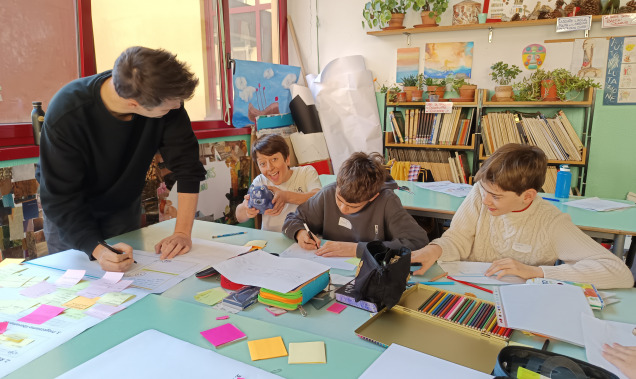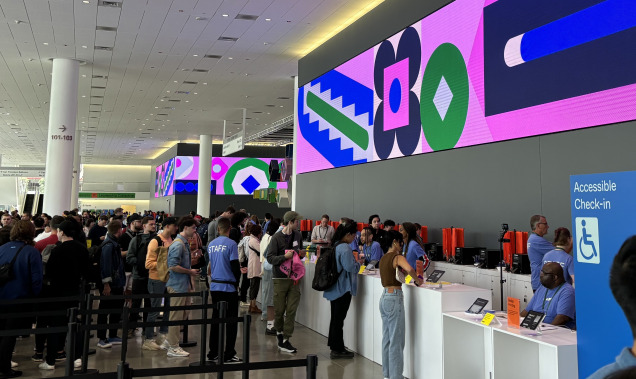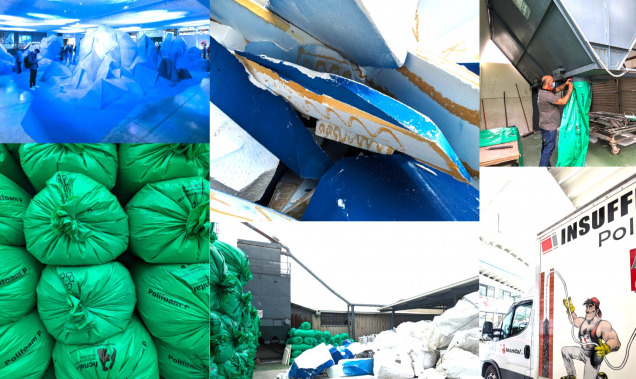Coronavirus will change the way we work
While the coronavirus pandemic continues to spread across the world, we took a moment to reflect. What have we learned so far?
First off, though, a quick note from us at Design Group Italia. We are all well, and among the fortunate ones that can continue to work from the safety of our homes during this difficult time. Due to the coronavirus outbreak, our team has been working from remote for three weeks now, adjusting to the situation as needed, with all projects running as per usual. Working remotely like this is fairly normal for us, as our clients are scattered all over the world, and our offices – in Milan, NYC and Reykjavik – collaborate closely every day.
Working ‘smart’ vs. working from home
Getting the terminology right
In essence, smart working means a set of practices that add greater flexibility to work methods through innovative solutions. These can include a flexible location, schedule, or hours.
While coronavirus lockdown isn’t really smart working, but rather ‘working from home’, it will make many companies more enlightened about some of the benefits of smart working. The odds are, we will not return to our old ways. Instead, we will look at the physical office – and our work-life balance in general – from a new perspective.
The odds are, we will not return to our old ways.
The work that works for us
We’ve performed an internal survey with some of our teams to take the pulse after a few weeks of remote working. As it turns out, the lockdown has allowed for some (necessary) reflection for most of us: What are we going to learn? What are the mistakes we made? How is this going to change things? As designers, the drive to change things for the better is built-in to us. Many of us contemplate the impact and value of our work. With all that is happening in the world, how can we contribute for the greater good?
As designers, the drive to change things for the better is built-in to us.
The epidemy could be a catalyst for a greater social revolution. ‘I hope people will be kinder and tolerant. We’re only here temporarily, and I hope people will understand that,’ says Service Design Director Sara Bellini.
We are also all quickly becoming very aware of the importance of health. Had we a real-time, data-enabled Maslow’s hierarchy we’d see it change, as health consciousness (for ourselves and our community) moves up in the pyramid.
As families are locked in with children, with both parents working, the responsibility of kids needs to be shared in new ways. In a traditional society such as Italy, we see a new approach to combining family and work and hope for more empowerment for women in the work-life. Essentially, coronavirus is pushing us to change and to see that a different type of work-life-balance can be achieved.
Decision making, leadership and the unknown
How many unknowns can we prepare for?
For the leaders of companies, an unprecedented global health emergency such as coronavirus requires a completely new thinking – and doing.
‘Making decisions with limited information and time is hard, and ultimately shows the responsibility and values of the leadership,’ says Partner Peter Newbould. The best practice with coronavirus seems to be to prepare for the worst.
When making decisions, the individual’s, business’ and society’s best interests and assessments of the situation may differ, and while an international business trip may be an exciting career opportunity for one, it’s a considerable health risk to others.
The way employers treat their teams during a time like this will impact both the trust, the reputation of the companies and the health and future of the entire society.





